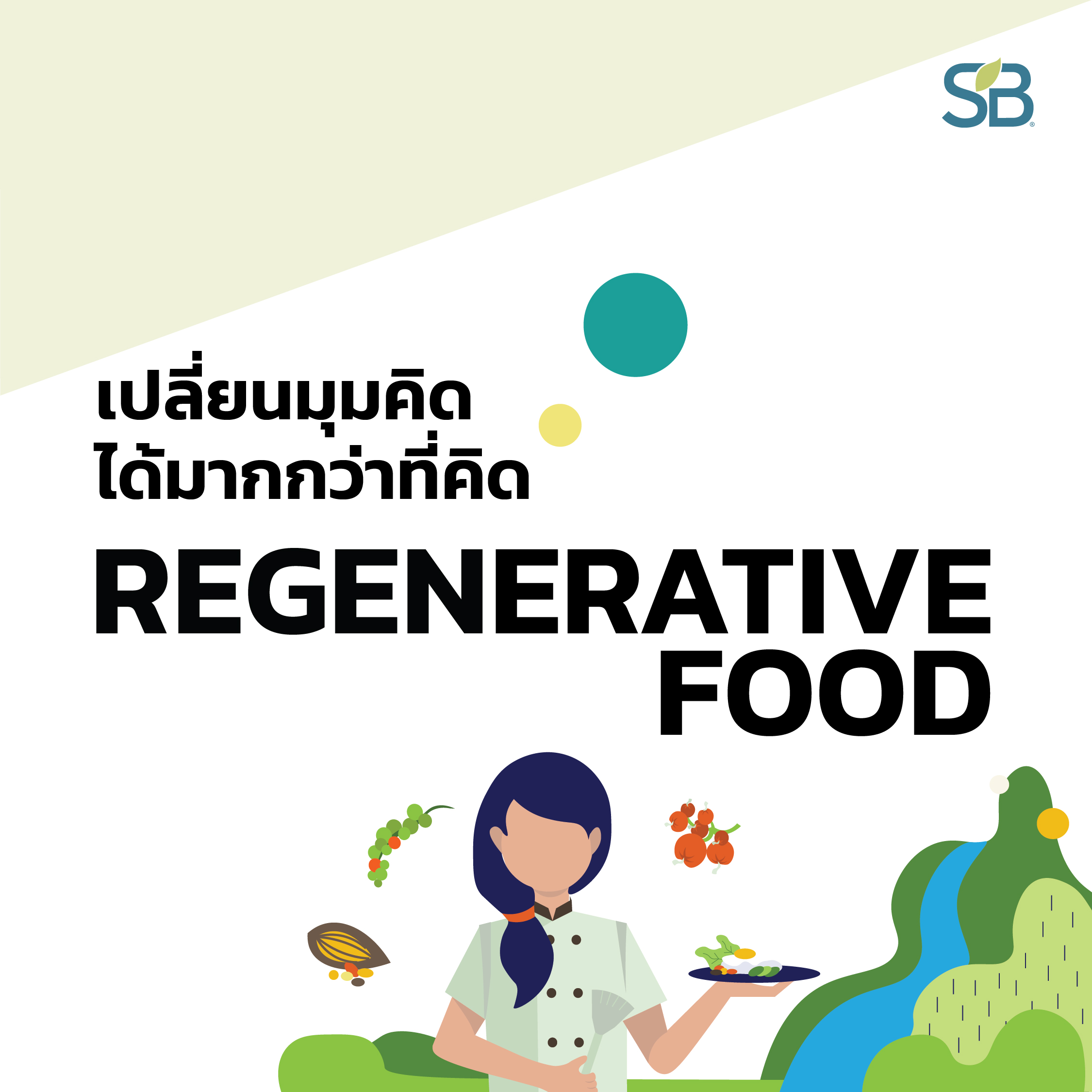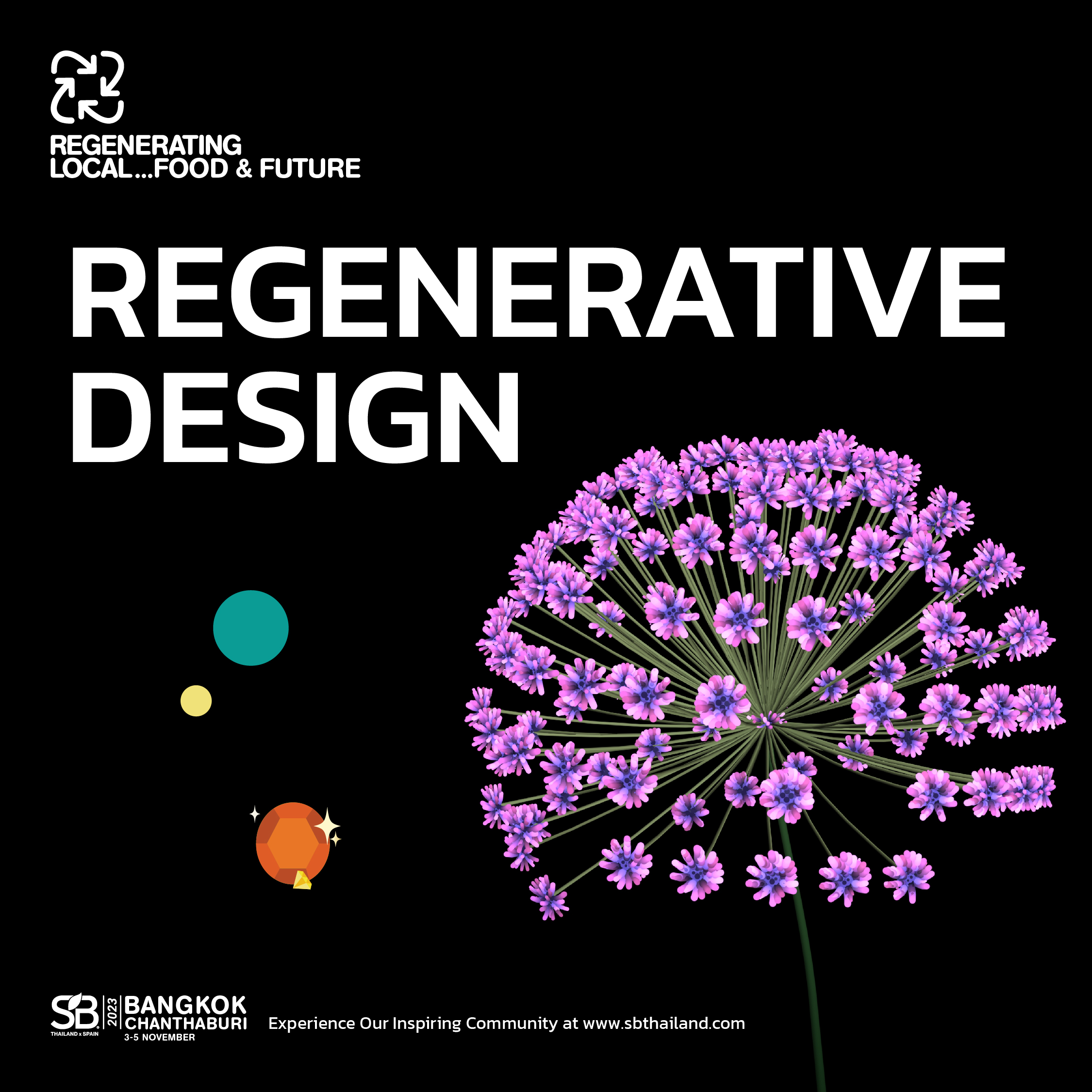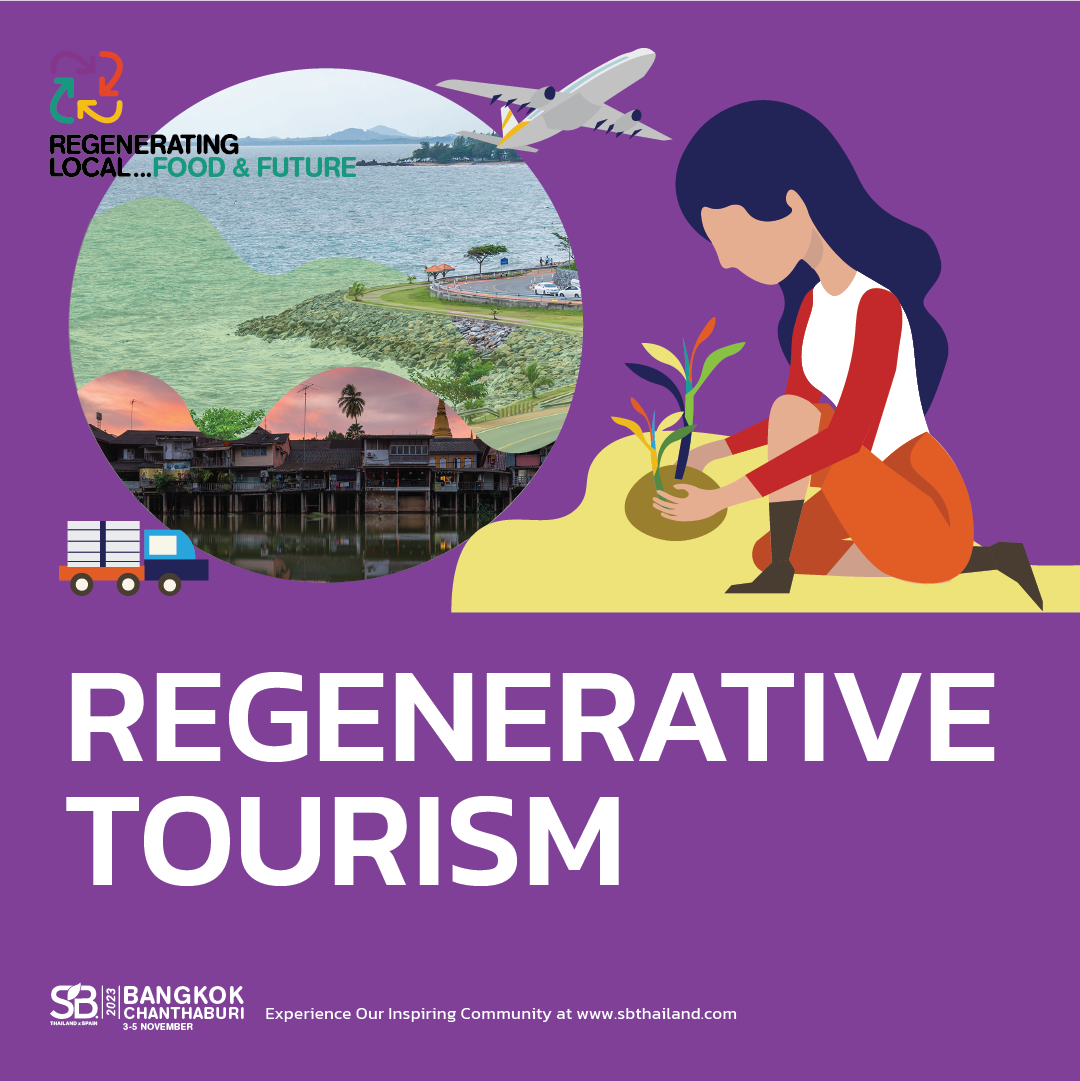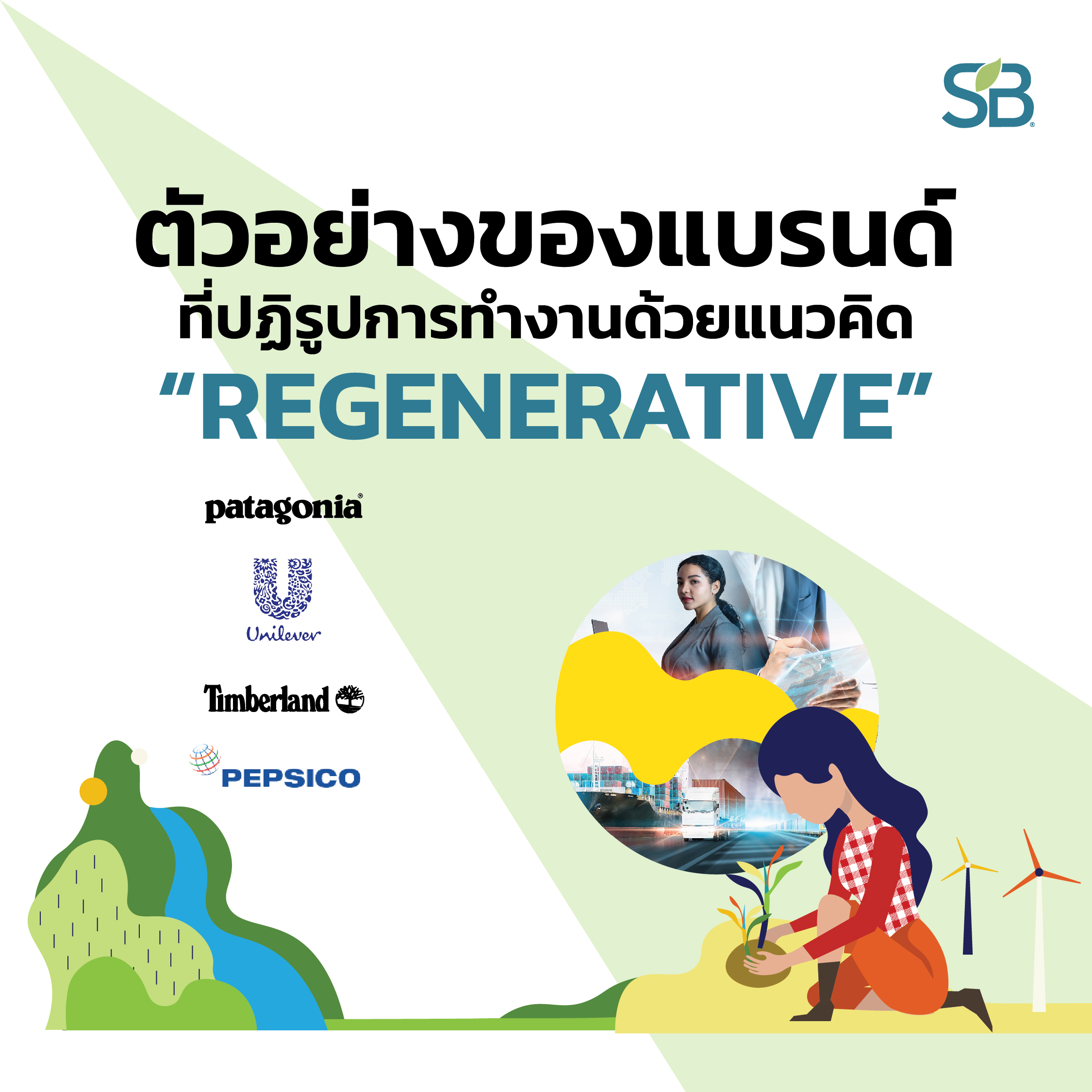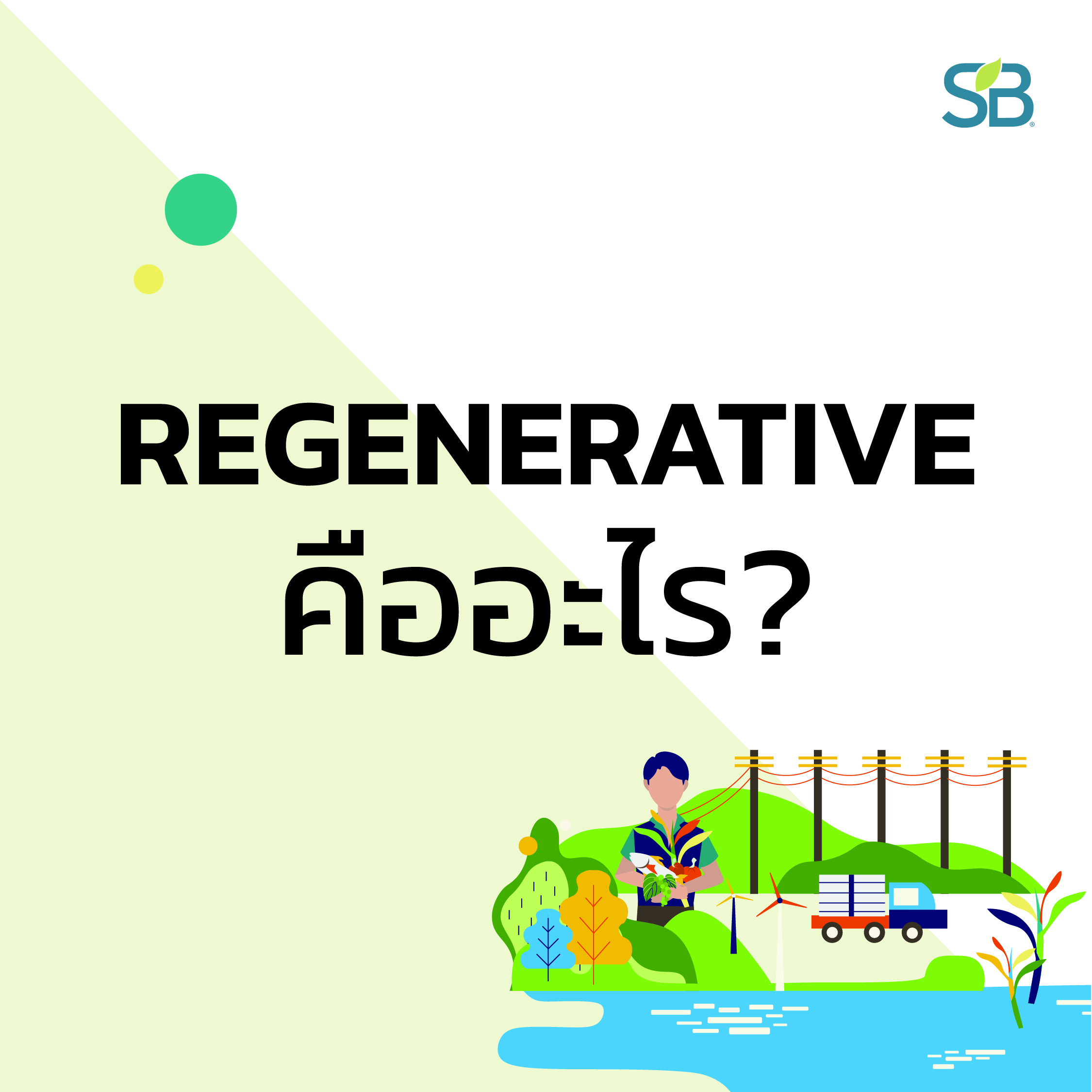“Regenerative Food”
A Shift Towards a Better Future
When we talk about sustainability, we are familiar with its principles. However, the concept of “Regenerative” steps up, emphasizing rejuvenation and positive transformation. It is time to explore the benefits of embracing a “Regenerative” approach, particularly in advancing our food systems for a brighter future.
Transitioning to a “Regenerative” mindset offers various benefits:
Carbon Footprint Reduction: Addressing the climate crisis through cultivation or breeding methods that align with seasonal climatic conditions. This relies on local knowledge and can incorporate modern agricultural technology and clean energy solutions.
Ecological Balance Restoration: It’s about returning to a state of natural harmony. By focusing on reviving the biodiversity of plant and animal species that might be nearing extinction, we ensure a more interconnected and holistic ecosystem.
Business Opportunities: This perspective can propel economies forward. For instance, exporting produce to the EU requires alignment with the European Green Deal’s mandate to cut carbon dioxide emissions by 50% or 55% by 2030.
Community Engagement: It allows local communities to recognize the value of their resources. With heightened awareness, community members take pride in collectively restoring their environment, understanding that everyone plays a vital role in the system.
Change can start with a small group and then expand to entire communities. SB Thailand is committed to being a part of this shift, encouraging people to adapt, rise, and shift their perspective from a creative mindset towards “Regenerative Food, Regenerative Future.”
The “Regenerative” Concept: A Key to a Sustainable Future in Food
Agriculture that’s solely tailored to market needs might overlook opportunities to return to holistic or sustainable farming practices. Especially when combined with the current global warming crisis, the concept of “Regenerative” has become a pressing and significant topic.
End Hunger, Achieve Food Security
It’s time for the “Regenerative” concept to be recognized as a solution to reshape and address the United Nations’ Sustainable Development Goals. In particular, it speaks to the objective of “ending hunger, achieving food security and improved nutrition, and promoting sustainable agriculture.” By valuing the agricultural sector, we can ensure a consistent food supply without negatively impacting our environment.
Developing Sustainable Community Economies from Existing Resources
Air, soil, water, and plant species are invaluable natural resources. When these are available and harmonized, two elements that shouldn’t be overlooked are:
A.Balancing land management with a mix of economic crops and native plants, reducing economic risks, preserving biodiversity;
B.Paying attention to production methods beneficial to the environment, partners, consumers, and local residents, ensuring equal participation for all.
This is why SB Thailand is intent on incorporating the “Regenerative” concept – especially in connection with “food”, particularly local foods that Thailand’s agricultural sector is capable of producing. We aim to raise awareness and spark ideas among business operators, interested parties, and those who see value in the same things, through an innovative initiative named “Regenerative Food, Regenerative Future”, inviting everyone to be part of the change.

